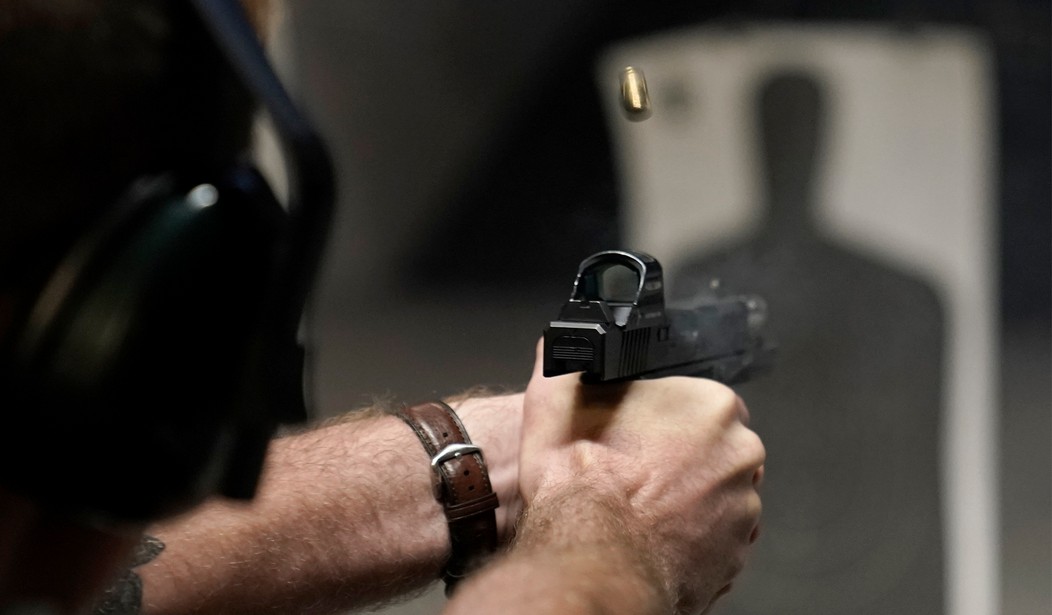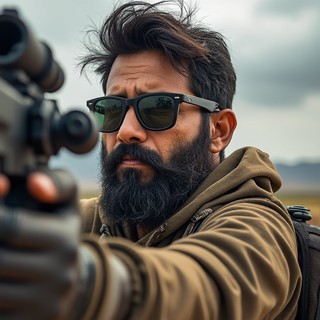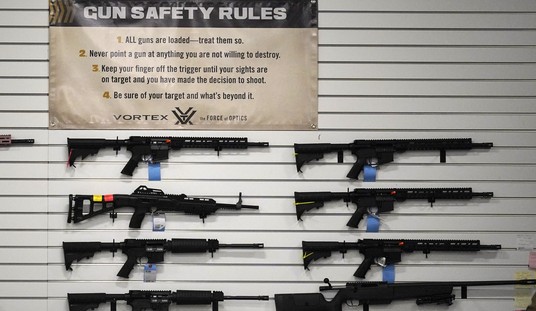A couple of months ago, I read a blog post at the Duke Center for Firearms Law arguing that “the Second Amendment itself likely does not encompass a privacy right over the individual decision to own or use a firearm.” This blog post was written by Assistant Clinical Professor Megan Walsh who runs the “Gun Violence Prevention Clinic” at the University of Minnesota, which Cam covered last year.
The post notes the following:
Pursuant to District of Columbia v. Heller, and reiterated in Bruen, constitutional rights have the scope “they were understood to have when the people adopted them.” Starting with the text, the Second Amendment itself says nothing about gun owner privacy.
The post says that the various states can adopt policies granting privacy rights to gun owners; i.e., privacy is not a natural right but a privilege granted by state governments. It points to “several categories of historical laws” to say that “gun owners did not have an expectation of privacy at the time of the Founding or at the time the states ratified the Fourteenth Amendment.”
One category of historical law used to argue against privacy is militia laws, such as laws requiring weapons inspection, appearing in public for training, intrusive at-home arms inspections, and laws requiring officers to report inventory. These laws applied only to those serving in the militia, not to the people at large. Once their service was over, the laws became inapplicable as militiamen melted back into the general population.
The post cites other non-militia laws of dubious value. It points to an 1873 New Jersey law that required “those who wished to carry weapons in public to make a request for a permit in open court.” But that New Jersey law is the type of discretionary permitting regime that Bruen struck down that requires, among other things, “a written endorsement of the propriety of granting a permit from at least three reputable freeholders.” Freeholders means land owners, so the law gave veto power over poor people’s Second Amendment rights to the land-owning class. Besides, the law was still a brand new invention in 1873, prior to which there was no privacy-busting permitting regime in New Jersey.
The post then argues that because concealed carry was banned in favor of open carry, there was no expectation of privacy. There are two aspects here: first, privacy with respect to your fellow citizens, and second, getting put on a government naughty list. Concealed carry was banned because it was considered dishonorable and gave criminals a tactical advantage. But there was no permitting and registration involved with open carry, nor for the possession of arms at home. (Note that there was no way to enforce a concealed carry ban without a Bloombergian stop-and-frisk search of everyone.)
The post also mentions an 1858 Maryland law requiring pistols to be annually listed and taxed, with an exemption for militia weapons. This law is neither from the Founding nor from the ratification of the Fourteenth Amendment. There is also a possibility, in my opinion, that this law arose from racial animus to ferret out free blacks who dared to own pistols, while predominantly white militia members kept their militia weapons untaxed and unlisted.
Prof. Walsh’s blog post concludes that both during the 1791 and 1868 periods, gun owners did not expect their use or ownership of firearms to be kept private from the government or from their community, and lends support to the infamous California Law AB 173 that disclosed gun owners’ data to “researchers” at the University of California. She poohs-poohs the unconscionable CA DoJ data leak as an “inadvertent disclosure of personally identifiable data.”
Walsh’s claim that the Second Amendment says nothing about gun owner privacy is facially true, but fundamentally incorrect. The First Amendment says nothing about privacy either; yet, it’s generally understood that a group of individuals banding together for lawful advocacy of their interests have a right to privacy to protect themselves from both governmental and private harassment.
The implicit right of association and the right to do so privately, which are not listed in the First Amendment, were both recognized by a unanimous Supreme Court in 1958 in NAACP v. Alabama. The backdrop to this landmark case was an attempt by Alabama to use lawfare to extract the NAACP’s membership list, because the state government found the NAACP’s civil rights advocacy unacceptable. If the NAACP had been coerced into releasing its membership, it’s a foregone conclusion that it would have been leaked accidentally-on-purpose, followed by private harassment and terror. A loose analogy is the harassment of NY gun owners by The Journal News’ publication of an interactive map of pistol permit holders in 2013.
Although it’s the Fourth Amendment that addresses privacy, both the First and Second Amendments have privacy implicitly built into them. Outside the militia, gun ownership was mostly unknown to the federal and state governments. Using militia and other impertinent laws to knock the privacy concerns of gun owners is a stretch. Gun rights organizations need to go on the offensive to claw back the privacy that’s been lost to the quixotic quests of anti-Second Amendment activists.









Join the conversation as a VIP Member